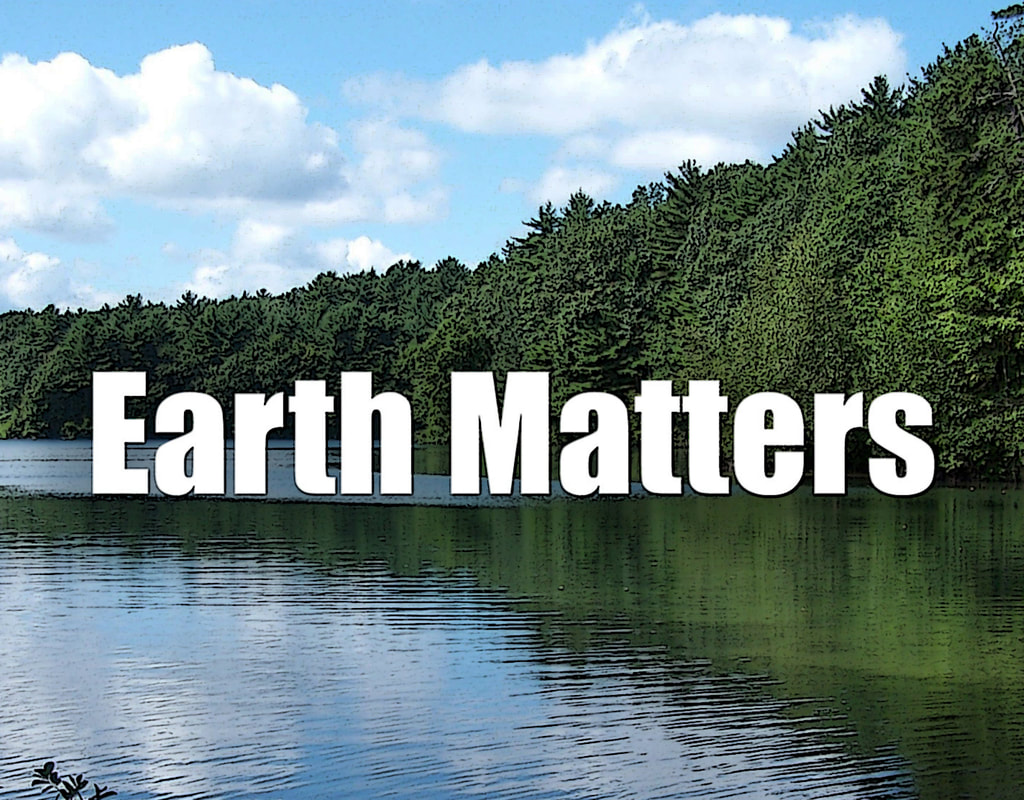|
In the midst of the partisan bickering and mud-slinging of the 2012 election, conversations about many important issues seldom took place. At the time, most of us likely thought it couldn't get any worse. And then came 2016. During the second presidential debate, not one substantive issue had been discussed 25 minutes into the debate. Nary a word is mentioned about safe drinking water, climate change, toxins in the workplace, a myriad of energy issues, transportation policy, urban decay and suburban sprawl. Those that understand how many of these environmental issues affect our quality of life and contribute to instability around the world are still waiting for the first question to be asked on any of those topics. To cite the often used historic metaphor, the Titanic is sinking and we're arguing over the arrangement of the deckchairs.
This is not a partisan political editorial. (Heaven knows we've had enough of those!) Rather, it is a plea to start talking about these issues again. Folks of varied political persuasions have very different views on these problems and how we should solve them. While we may not agree on all the details, I think we can all agree these issues need to be part of our civil political dialog. At this point, they are not. Though our news reports are often filled with stories that have environmental connections, our political discussions seldom encompass these topics. Did you hear a candidate talk about the lead in Flint, Michigan's drinking water? Did anyone talk about the effect of rising sea level on flooding here in the US or the obliteration of island nations beyond our borders? What about concerns over energy extraction and transportation (related to fracking, mountaintop removal coal mining and unwanted oil and gas pipelines)? How will we meet the growing funding need for environmental infrastructure to update aging water and sewage systems? While we might notice it more now, paralysis over the environment isn't just a presidential election season phenomenon. Congress has passed only one notable piece of environmental legislation in the last nine years, the Chemical Safety for the 21st Century Act that provided for much needed updates to the Toxic Substance Control Act (TSCA). The last environmental law passed by Congress prior to the TSCA update was the Energy Independence and Security Act of 2007. Despite a host of environmental problems, Democrats and Republicans have been able to come to agreement on only two major environmental issues in a decade. Many tough environmental issues have traditionally been addressed by state legislatures over the last few decades. Even though some of these might be best addressed at the national level, states have passed laws on water resources, energy efficiency and conservation, climate change, alternative energy and recycling. The laws that established widespread recycling and alternative energy standards were widely supported by both parties when they were passed in 1988 and 2004. But partisan divides have slowed even those worthwhile actions in divided states like Pennsylvania. Despite a clear need, not one notable environmental protection measures was even voted on this past year. If want to see the environment return to the stature it deserves, we all need to start a conversation to make it happen.
0 Comments
Your comment will be posted after it is approved.
Leave a Reply. |
Politics and Environment
The Facts as They Exist
Merchants of Doubt Claiming What Was Never Theirs A Less Partisan Environment Environmental Martyrs in Honduras Rearranging Deckchairs on the Titanic Africa's Environmental Refugees Ignoring Environmental Issues Earth Day Turns 50 Prine in Paradise Other Categories
|
|
All Original Material - Copyright © - All rights reserved. No part of this site may be used without written consent. Email John with questions.
Site Powered by Weebly. Managed by Brush Mountain Media LLC. |
© COPYRIGHT
2010-2023. |

